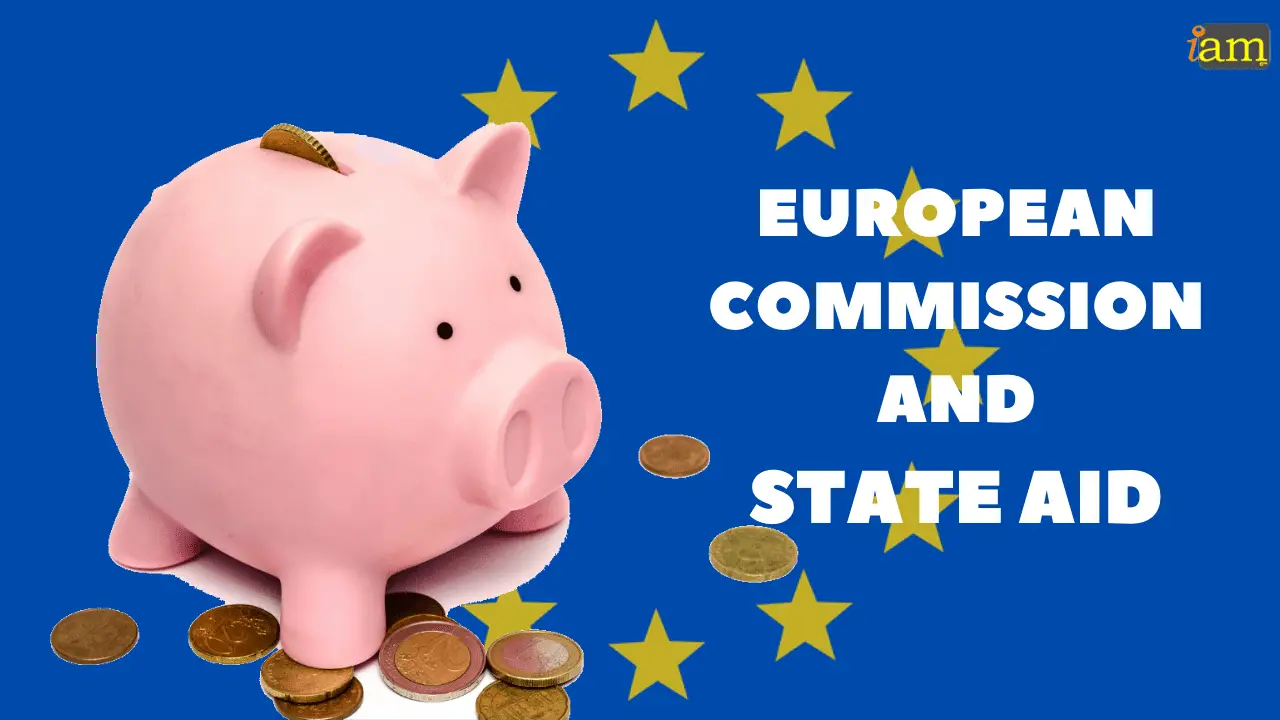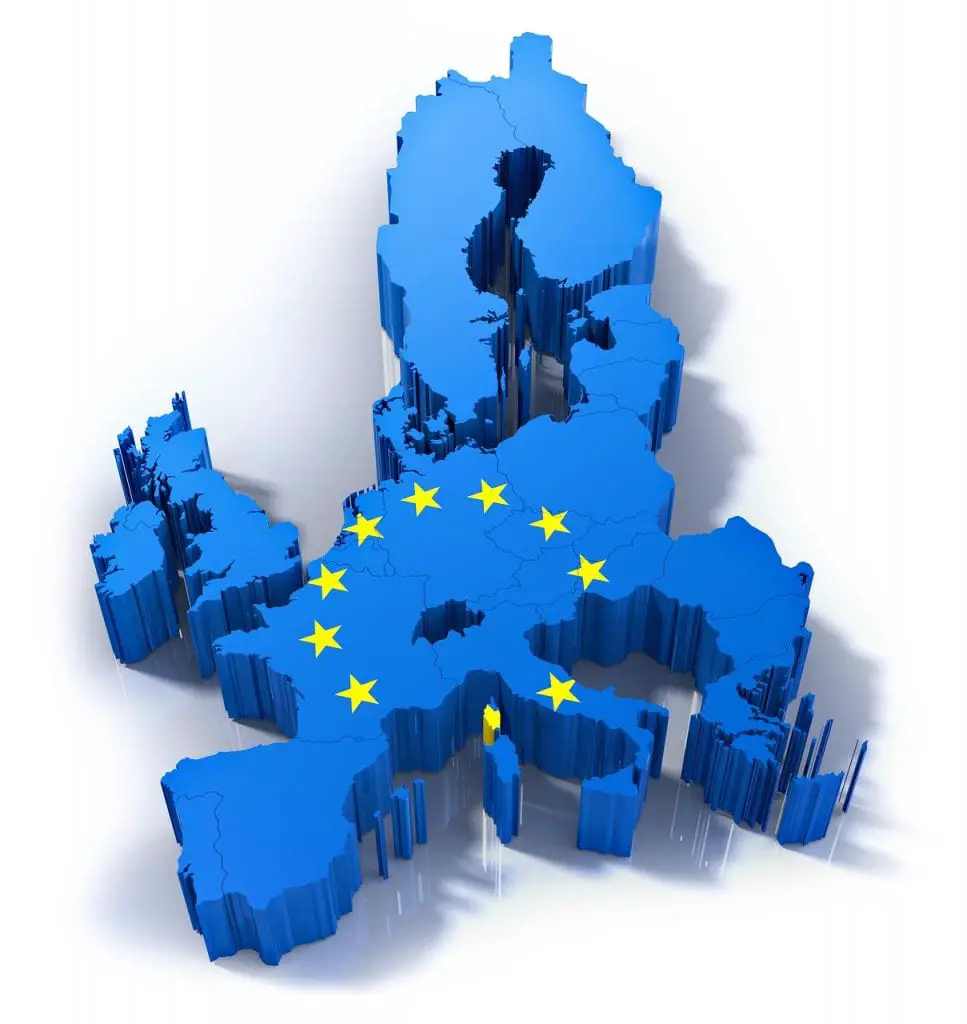Coronavirus update: EU Commission and State aid


The lastest approvals for European Member States guarantee schemes
The legal background for State Aid rules
There is a general prohibition from governments of the European Union from helping its local companies and organisations as it is generally considered as an unfair advantage for a government to help one company over another. This is known as State Aid.
There is therefore a Treaty in place that stops countries in the European Union and the Schengen member states from providing funding to organisations within their countries. The prohibition on State Aid is in place unless it is justified by reasons of general economic development and exemptions are applied equally across EU countries and Schengen member states.
The rules still exist but the European Commission have permitted exemptions based on the current issues of the coronavirus facing the world.
The Temporary Framework for State aid measures to support the economy in the current COVID-19 outbreak
On March 19, 2020, the EU Commission published a Temporary Framework for State aid measures. The main purpose of this Framework was to support the economy of all Member States if needed in the current Coronavirus outbreak.
Considering that the Covid-19 pandemic creates a “serious disturbance in the economy of a Member State”, the EU Commission stated that State Aid was justified.
This financial helping hand has to be necessary, appropriate and proportionate to the aims to be implemented.
What are the Temporary State Aid Measures?
- Direct grants, repayable advances or tax advantages
- Guarantees on loans
- Subsidised interest rates for loans
- Guarantees and loans channelled through credit institutions or other financial institutions
- Short-term export credit insurance
The Amemdment to the Temporary Framework for State Aid measures
Due to the rapid spread of the pandemic inside the European Union, the EU Commission has adopted an amendment extending the Frameword for State Aid measures on April 3, 2020.
What are the new temporary aid measures?
- Direct grants, repayable advances or tax advantages for antiviral research and development
- Direct grants, tax advantages, repayable advances and no-loss guarantees to support investments enabling the construction of infrastructures need to develop:
Medical Products and Treatments Medical devices and equipment Disinfectants Data collection and processing tools
- Direct grants, tax advantages, repayable advances and no-loss guarantees to support investments enabling the rapid production of products against Sars-Cov-2 coronavirus (bonus when the investment is supported by more than one Member State)
- Granting of target deferrals of payment of taxes and of social security contributions
- Wage of subsidies for employees
- Expansion on the existing types of support a Member State can give to companies in need
This amended Framework will be in place until the end of the year.
Which EU countries have already benefited from the Temporary Framework?


The European Commission is approving aid schemes galore over the past few weeks.
Since the begining of April, the Commission approved about 35 aid schemes.
All the quotes are attributed to the Executive Vice-President of the EU Commission, M. Vestager.
- Malta: €350 million guarantee scheme to “help businesses cover immediate working capital needs”
- Sweden: €9.1 billion guarantee scheme to “help businesses cover immediate liquidity needs”
And €445 million scheme to “support airlines affected by the coronavirus outbreak”
And €453 million rent rebate scheme to help “hotels, restaurants, retail and other related sectors to pay their rent”
Germany: extension of the measures adopted on March 22, 2020 to support German economy, for subsidised loans
And guarantee scheme to “help ensure that trade credit insurance continues to be available to all companies”
Denmark: €200 million “in support of the Travel Guarantee Fund” to ensure that “luiquidity remains available to travel organisers”
And €5.4 billion scheme to enable Denmark to “compensate businesses at least in part for the damages suffered”.
And €137 million to “compensate Scandinavian Airline SAS for part of the damage suffered due to the coronavirus outbreak”
Greece: €2 billion guarantee measures to “enables the granting of guarantees on working capital needs”
And €1 billion scheme to “ensure that there is sufficient liquidity in the Greek economy” in order for the most impacted companies to “continue their economic activity during and after the crisis”.
And €1.2 billion aid scheme to “enable direct grants to ensure SMEs can continue their activities and […] help them bounce back afterwards.
Poland: €22 billion guarantee scheme to “help Polish businesses […] to cover their immediate working capital and investment need”
And €700 million aid scheme to “enable public guarantees on loans and loans with subsidised interest rates to support the Polish economy”.
And €115 million scheme to “relieve companies from part of the interests they have to pay on loans”
Netherlands: €23 million scheme for “aid for providers of social support services, health care service and youth care by facilitating remote care via internet applications”
Portugal: €13 billion schemes to “enable Portugal to provide direct grants and public guarantees on loans to help SMEs and large companies cover investment and working capital needs”
And €20 million credit line scheme to “enable the provision of loans worth up to €20 million at subsidised interest rates to SMEs active in the fishery and aquaculture sector”
United Kingdom: £50 billion “umbrella” scheme to support small and medium-sized entreprises and large corporates
Croatia: €90 million guarantee scheme to “support companies with a certain amount of export activities”
And €1 billion schemes to “enable Croatia to support those companies most affected […] through the prvisions of loans with zero or very low interest rates”.
Hungary: €140 million aid scheme to “support businesses which are particularly hit by the coronavirus outbreak”
Bulgaria: €225 million guarantee scheme to “help SMEs companies […] to cover their immediate working capital and investment needs”
And €770 million wage subsidies support scheme for “preserving employment in sectors that are particularly exposed to the economic impact of the coronavirus outbreak”
Lithuania: €110 million guarantee scheme to “enable public guarantees on loans to support Lithuania's economy”
And €150 million aid schemes to “enable the granting of loans at favourable therms to help businesses cover immediate working capital needs and continue their activities”
Luxembourg: €30 million aid scheme to “provide incentives to companies to direct their activities to research and production of certain products”
Austria: €15 million liquidity scheme “for grants and guarantees on loans for companies affected by the coronavirus outbreak”
Belgium: €3 billion scheme “support companies in the Flemish Region through public guarantees and loans”
And €50 billion loan guarantee scheme to “support businesses affected by the coronavirus outbreak”
Romania: €3.3 billion scheme to “enable Romania to help SMEs cover investment and working capital needs |…] through the provision of direct grants and pubic guarantees on loans”
France: €10 billion guarantee scheme to “make sure that domestic trade credit insurance can continue to be issued”
And prolongation and modification of the French “Fonds de Solidarité” Scheme for SMEs and self-employed people
Italy : €200 billion scheme to “enable Italy to support self-employed workers, SMEs and mid-caps affect by the coronavirus outbreak through the provision of State guarantees”
Czechia: €37 million scheme to “speed up the production of products relevant to tackle the coronavirus outbreak, such as medicines, medical equipment and protective clothing”
Latvia: €35.5 million scheme to “support Latvian businesses active in agriculture, fisheries, food and school catering”
Do you think the EU Commission has given enough real financial help to its Member States?
If you have learned something while reading this article, please comment below and share the article on your social media !
If you have questions on your next travel destination, contact the IaM team !
- Top 20 Travel Bloggers from the UK and their travel blogs to follow in 2020 - 19 April 2020
- Coronavirus travel restrictions: Is Summer holiday travel back on? - 17 April 2020
- Coronavirus update: EU Commission and State aid - 16 April 2020









